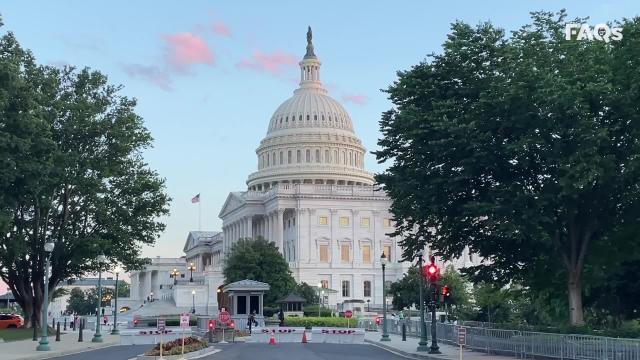Hawaii voters to decide on marriage law authority and judicial appointment process

In an unusual development, registered voters in Hawaii will get to decide on two state constitutional questions in November, breaking away from the recent trend of preserving state legislative authority.
The first proposal aims to eliminate the legislature’s authority to “reserve marriage to opposite-sex couples.” This change would only be significant if the U.S. Supreme Court overturned its 2014 decision legalizing same-sex marriage nationwide.
The second proposal aims to standardize the appointment and confirmation process of District Court judges with that of state Supreme Court justices and other higher court judges. The goal is to simplify the judicial appointment process and improve the efficiency and uniformity of judicial selections.
These will be the first constitutional amendments placed on the ballot since 2018, ending a period during which no amendments were presented to voters after 26 consecutive biennial sessions that saw at least one amendment each. Despite this, the Legislature has generally been reluctant to seek voter input. Since 2018, hundreds of constitutional amendments have been proposed but rejected, including 68 in the latest biennium.
More: Keith Kaneshiro and associates are acquitted from bribery chargers
Several noteworthy proposals were excluded from this year’s ballot, including:
Reproductive Freedom: In response to the U.S. Supreme Court’s decision to overturn the national right to abortion, three bills proposed establishing reproductive rights in the state constitution. One passed the Senate but died in the House, while the others received no hearings.
Restructuring the Department of Education: Four bills suggested breaking the statewide school system into smaller districts or making the Board of Education positions elective. These proposals made little headway, with only one receiving a hearing.
Judges’ Mandatory Retirement Age: Raising the retirement age for judges from 70 to 75 had potential, with one bill clearing both chambers. However, it stalled when neither the Senate president nor the House speaker appointed conferees for a conference committee.
New Tax Option for Counties: Six bills proposed allowing Hawaii’s counties to use tax increment financing for development projects. None advanced to the ballot.

More: Hawaii residents disappointed as bill to safeguard water resources fails at sessions end
The strict requirements for passing constitutional amendments in Hawaii contribute to their rarity. They require a two-thirds majority vote in both legislative chambers in a single session or majority votes in two consecutive sessions, followed by a majority of yes votes outnumbering no votes and all other ballots cast.
Two measures in the previous session aimed to simplify this process by changing the law to require only a majority of yes votes over no votes for amendments to pass, but these bills did not progress.
Jeremy Yurow is a politics reporting fellow based in Hawaii for the USA TODAY Network. You can reach him at [email protected] or on X, formerly Twitter @JeremyYurow
This article originally appeared on Arizona Republic: Hawaii voters face key decisions on marriage rights, judicial reforms
Solve the daily Crossword

